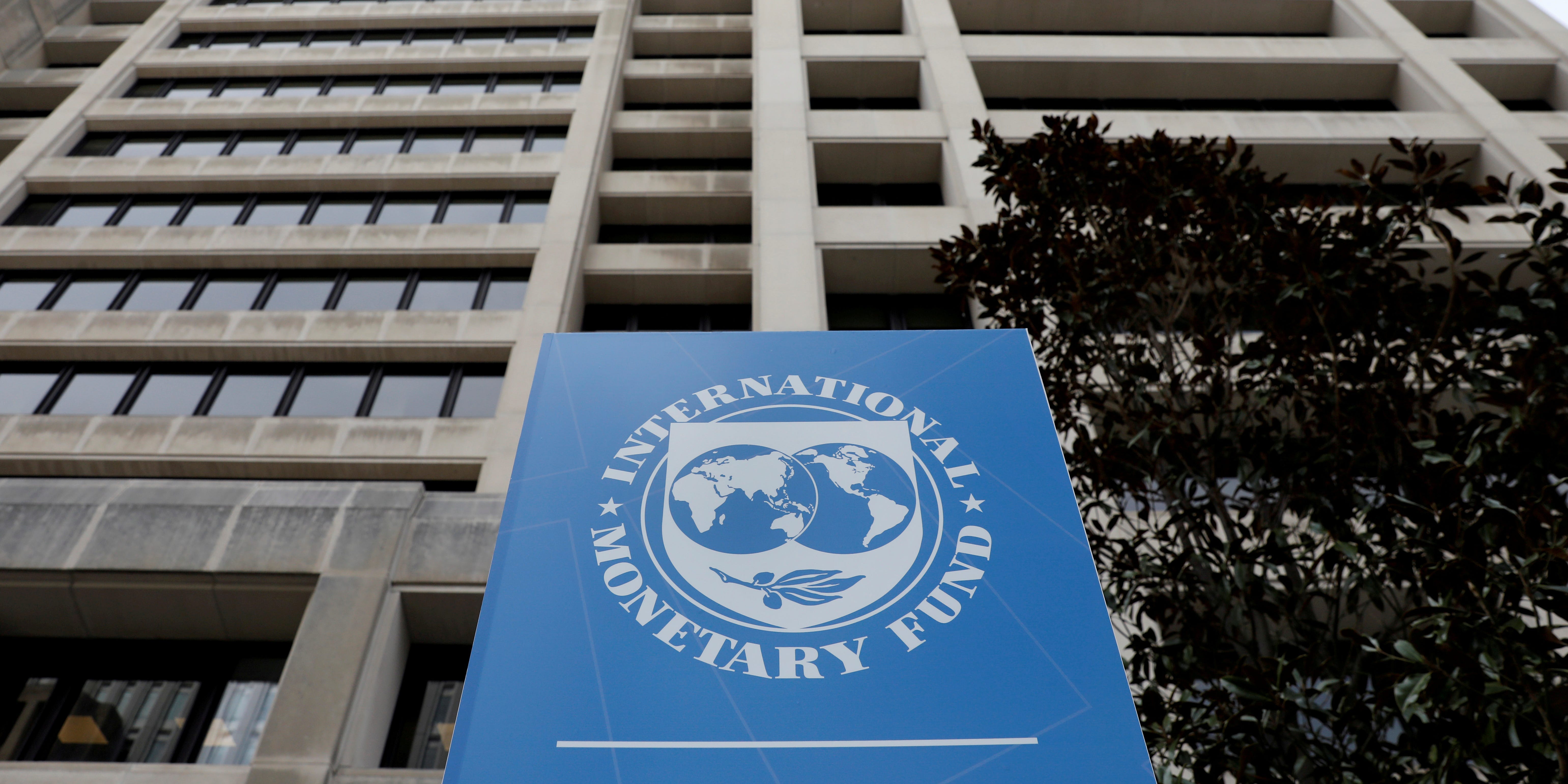National
The IMF's Failure to Promote Development in African Countries  By Editor
By Editor
 July 2nd, 2023 The International Monetary Fund (IMF) was established in 1944 with the objective of promoting global financial stability and fostering economic growth. While it has played a significant role in shaping the global economy, its track record in supporting the development of African countries has been widely criticized. This essay aims to explore the reasons behind the IMF's failure to effectively assist African nations in their development efforts, focusing on key issues such as conditionalities, structural adjustment programs, and unequal power dynamics.
July 2nd, 2023 The International Monetary Fund (IMF) was established in 1944 with the objective of promoting global financial stability and fostering economic growth. While it has played a significant role in shaping the global economy, its track record in supporting the development of African countries has been widely criticized. This essay aims to explore the reasons behind the IMF's failure to effectively assist African nations in their development efforts, focusing on key issues such as conditionalities, structural adjustment programs, and unequal power dynamics. 
1. Conditionalities and Policy Prescriptions:
One of the main criticisms leveled against the IMF is its imposition of strict conditionalities on African countries seeking financial assistance. These conditions typically include measures such as fiscal austerity, currency devaluation, and trade liberalization. While these policies are often touted as necessary for economic stabilization, they have had adverse effects on African nations.
a. Fiscal Austerity: The IMF often requires African countries to implement harsh austerity measures, including cutting public spending on social services like healthcare and education. These measures disproportionately impact the most vulnerable populations, exacerbating poverty and inequality.
b. Currency Devaluation: The IMF has often advocated for currency devaluation as a means to improve export competitiveness. However, this policy has led to a loss of purchasing power for African citizens, increased import costs, and reduced domestic production capabilities.
c. Trade Liberalization: The IMF's promotion of trade liberalization has exposed African economies to unfair competition from more developed countries. This has hindered the growth of local industries, perpetuating dependence on primary commodity exports and hindering economic diversification.
2. Structural Adjustment Programs:
The IMF's structural adjustment programs (SAPs) have been a centerpiece of its approach to assisting African countries. SAPs typically require recipient nations to implement a set of economic reforms aimed at achieving macroeconomic stability. However, these programs have been heavily criticized for their negative social consequences and limited success in promoting sustainable development.
a. Social Consequences: SAPs often result in the reduction of public expenditure on social sectors, leading to inadequate provision of basic services such as healthcare and education. This undermines human development and perpetuates socio-economic inequalities.
b. Lack of Flexibility: SAPs are designed as one-size-fits-all programs, failing to consider the unique circumstances and needs of individual countries. This lack of flexibility has hindered countries' ability to tailor policies to their specific contexts, leading to ineffective outcomes.
c. Insufficient Focus on Long-Term Development: SAPs primarily prioritize short-term stabilization goals over long-term development objectives. This approach often neglects crucial investments in infrastructure, technology, and human capital, limiting the prospects for sustainable growth.
3. Power Dynamics and Representation:
African countries' limited representation and influence within the IMF have contributed to its failure to adequately address their development challenges. The institution's decision-making processes and power dynamics have perpetuated an unequal playing field that disadvantages African nations.
a. Voting Power Imbalance: African countries collectively have a significantly smaller voting share compared to developed nations, which often leads to decisions that do not align with their interests. This power imbalance reduces the agency of African nations in shaping IMF policies.
b. Lack of African Leadership: Historically, the leadership positions within the IMF have been dominated by individuals from developed countries. This has resulted in a lack of diversity in perspectives and limited understanding of the unique challenges faced by African economies.
c. Limited Policy Space: The IMF's policy prescriptions often leave little room for African countries to pursue alternative development strategies that may better suit their needs. This restricts their ability to exercise economic sovereignty and determine their own development paths.
Conclusion:
The IMF's failure to effectively support African countries in their development efforts can be attributed to a combination of factors, including the imposition of rigid conditionalities,
the shortcomings of structural adjustment programs, and the unequal power dynamics within the institution. To foster sustainable development in Africa, it is crucial to address these issues and establish a more equitable and inclusive global financial architecture that prioritizes the unique needs and aspirations of African nations. This could involve enhancing African representation within the IMF, ensuring policy flexibility, and promoting alternative approaches that prioritize long-term development and social welfare.
Facebook
WhatsApp

 By Editor
By Editor  July 2nd, 2023
July 2nd, 2023 